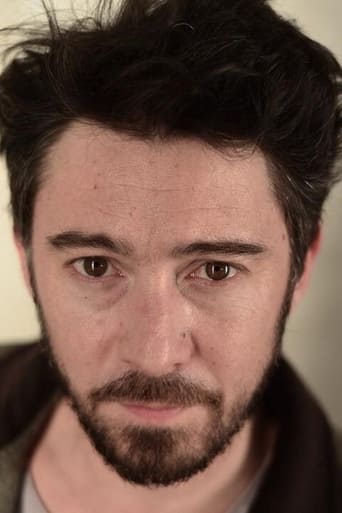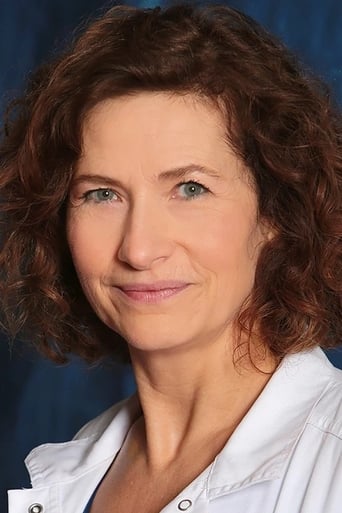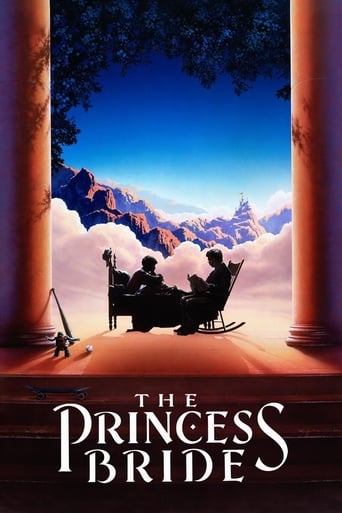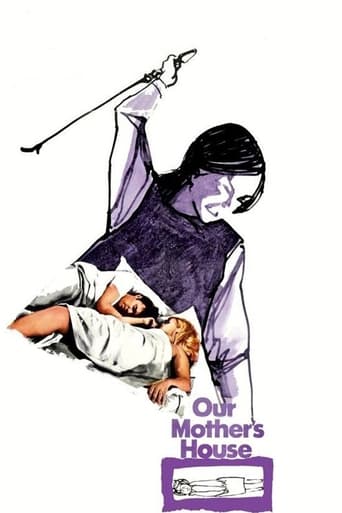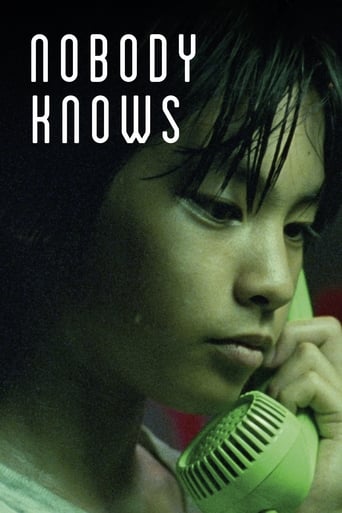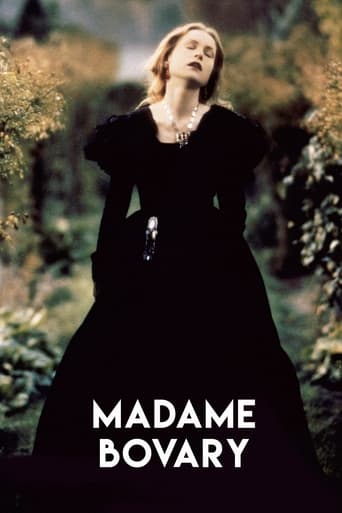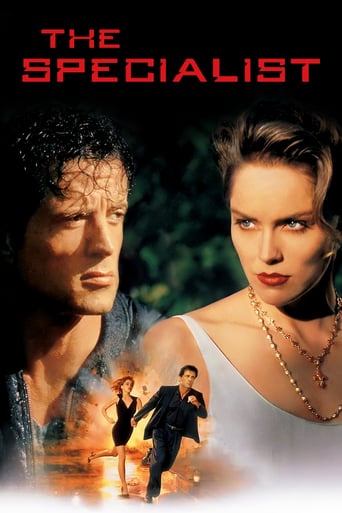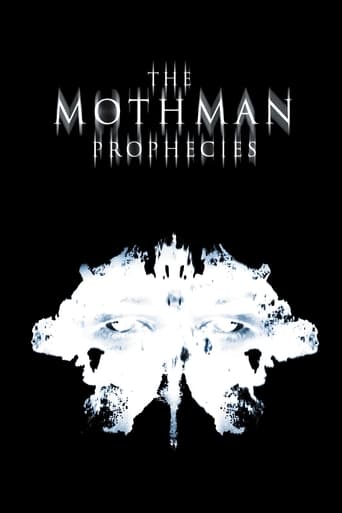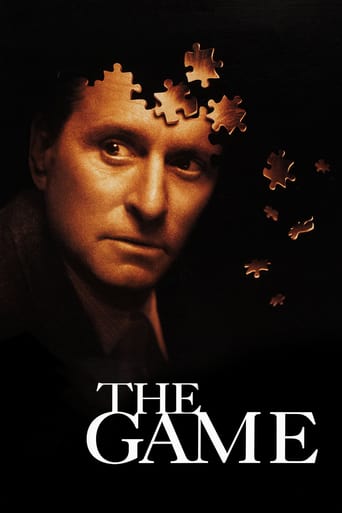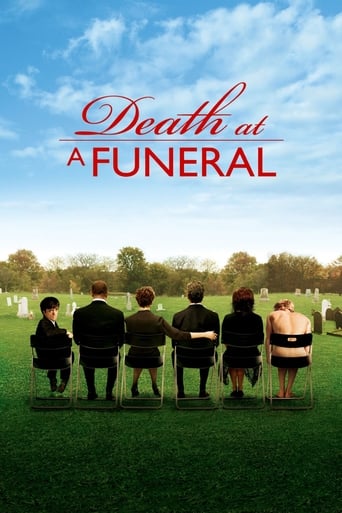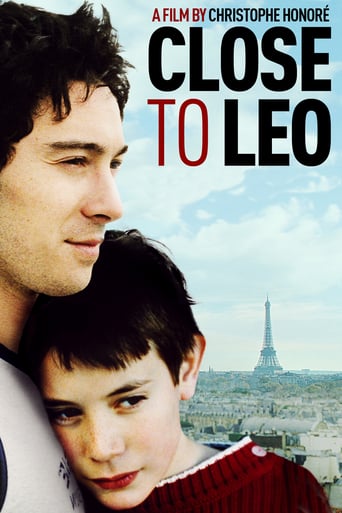
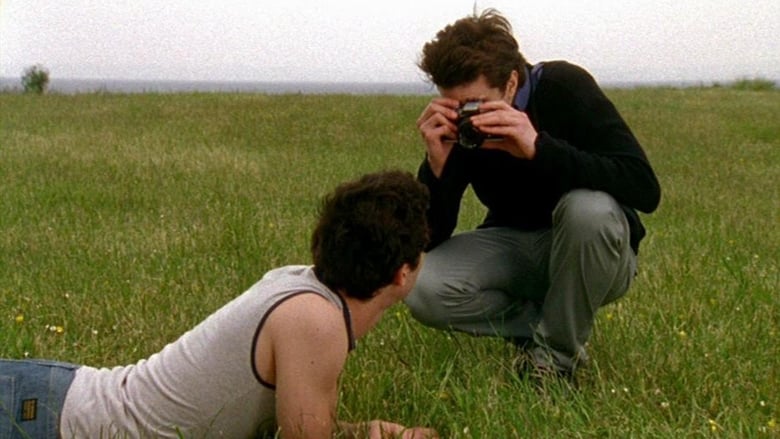
Close to Leo (2002)
When 21 year-old Leo, the oldest of four brothers, announces to his rural French family that he's HIV positive, his family quickly rallies around him. Leo travels to Paris with his youngst brother Marcel for treatment. When Leo tries to push his brother away to protect him, the love and loyalty of the two brothers is tested.
Watch Trailer
Cast
Similar titles
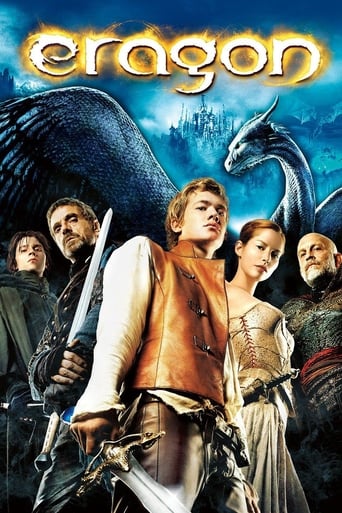
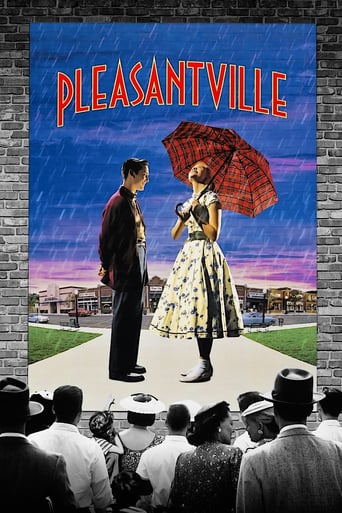
Reviews
Perfect cast and a good story
Best movie ever!
Wow! What a bizarre film! Unfortunately the few funny moments there were were quite overshadowed by it's completely weird and random vibe throughout.
An old-fashioned movie made with new-fashioned finesse.
How DOES a person react to the news that they have HIV and how does their family act? In fact, how do we think WE would act? Well, regarding that second question, I honestly don't have the slightest idea and fortunately, haven't had to find out. But I am guessing that it would involve a vast variety of conflicting and changeable emotions and behaviors, both rational and irrational, as was expressed here in this, what I can only believe is a very realistic film...because each individual and family may have their own responses. I think all emotional responses and behaviors are realistic and justified under the circumstances, even some that might generate distaste among some viewers of this film. A family, with its shock, fear, grief, and shame, if they feel those emotions, may decide to protect whom they believe is a more vulnerable member of the family. Then they may decide that that was the wrong tack to follow. Or maybe not. Who knows WHAT to do, really? Sometimes paralysis is bound to take over to the extent of collapsing into semi-catatonia, or maybe the opposite, such as running wildly toward a futile sense of escape. Any and everything may happen, and all are valid.Isn't it realistic that one so stricken might want to reach out to people who had held meaning in the past, but not really have any idea how to go about that in a prudent way? Or maybe there will be feelings of hatred or envy of those who are able to peacefully go through the normalcy of their lives, because they do not have this issue to suddenly contend with. Maybe one might for a moment become utterly irresponsible and uncaring, or self-destructive, for in the face of death, or certain pain and anguish, what of any shreds of a former morality may seem to truly matter?I believe that this film accurately explores the potential universe of reactions in a powerfully communicative way. This maybe made the "narrative story" jerky or uncomfortable to watch or understand, but if so, welcome to THEIR world.I don't believe that the makers of this film believe that this film, or any other, shows the definitive way things will happen under these circumstances. I think they know more than that...that they know that we all DON'T know and all bets are off, but in their work, here, they are going to explore and have the viewer live some of the possibilities. And I felt that as a viewer, they were very successful. I couldn't help but feel throughout this movie, things maybe I didn't want to feel, but I then I shouldn't watch a movie like this if I wanted to be protected. We all knew going into it what the subject matter was.One thing that I thoroughly appreciated about the film was the physical affection and body contact among the various family members that seemed to disturb the sensibilities of some reviewers, when it is so clear to me that one valid reaction might be the family's desire (either being satisfied in actuality or else communicated metaphorically via the visual language of film) to utterly ABSORB every precious square inch of not only the body of the loved one that is soon to be falling apart, possibly into nothingness, but also those suddenly even-more- precious-than-ever-before who will remain after the one so stricken has gone, all of whom will have to live with this shared loss for the rest of their lives. And for the one stricken, to connect with the sweet human flesh of those whom he loves while he still can effect such a connection, I submit that the most fundamental and reliable communication of all may be through touch and the body, for the emotions and the intellect would be too much in a typhoon to be constant.
This is an interesting movie that reflects the elements of being a non-US release, and it has many nice moments, including moments of great bonding between the father and his sons, and between the brothers. However, the movie is marred by some very obvious and frankly trite interludes, such as the death of the chicken, the lengthy episode with Ivan and Marcel, some of the Paris scenes (while some were loverly moments, others just felt like they padded the film out - such as the bench scene, the sexual interlude at the hotel lobby with the desk clerk), etc. They don't add to the film and the detract from the narrative and mar the message (and frankly also help to muddy matters).If the movie was overlong and narratively dense, it would be one thing, but the movie is very short and much of it jumps, without explanation. If the movie were merely an exposition of family life, it would be one thing. But it's not -- that's merely one element.Another thing that hurts the film is the fact that a 1996 book (that likely was written somewhat earlier than that) that finally got made into a made for TV movie released some six years later (and despite some of the praise on here, the film does feel very much like a well-made and well-intentioned but filmed teleplay nonetheless), the notable thing about Close to Leo is how dated it is in its approach to an HIV diagnosis or to a drug cocktail (15 pills? No one is taking 15 pills as a first line HIV therapy in this decade, and certainly not in France in 2002). While the family may have been a provincial one, even in 1996, an HIV diagnosis was not a death sentence and certainly in 2002 it was definitely not one. While plenty still die from HIV and others do not want to take a drug cocktail, nothing is done to establish any real or genuine basis for the perceived ending of this film.The other flaw of the film is the limited (and in some respects conflicted - such as her sudden desire to have sex with the father immediately after he consoles Marcel over the slap at the dinner table) role the mother is given. Some of what the actress is forced to do is absurd, such as the wearing of the burgundy (or perhaps it was intended to be blood red) dress without shoes and her collapse in the garden.This is a typical problem with a writer director film, particularly unfortunate as this happens with their first film and this is at least his second film, depending on when they were produced and shot, versus the release date.Watchable but not worthy of some of the comments on here or it's current higher score. Not as bad as some of the negative comments, just deeply and unfortunately flawed.
THIS CONTAINS SPOILERS.I have rarely seen a film that is as unbelievable as this one is. And being French, it tries for depth by being enigmatic nothing really makes any sense.Léo is gay and has just announced at breakfast to his family that he is HIV positive. The youngest brother, Marcel, has not yet come down to breakfast, and the first thing the family does is decide that at 12 years of age he is too young to be told. Maybe if he was four or five, but twelve? The first totally unbelievable thing is that the family doesn't even ask where or how he got the virus, how long he has known about it nothing is asked. They only worry about Marcel finding out. This is a very close knit provincial family, but although they decide not to let Marcel know about Léo's HIV positive status nor the fact of his being gay, the rest of the family accepts all this news with absolutely no questions or reactions. How many families do you know where the parents/brothers wouldn't have at least SOME reaction to one of the members announcing that he is gay? Here, nothing.Léo decides that he needs to go to Paris to see his ex-lover. And he decides to go on the trip with, of all people, Marcel. Do you know anyone who would bring his little brother along to go see a lover? Again, totally unbelievable, especially since Marcel is not supposed to know either of his medical problems nor of his homosexuality. If this is the way the family has decided to let him find out, it is rather brutal and again unbelievable.Léo goes to find his lover, Aymeric, at his work in a Paris bar. The owner says that Aymeric will not be there until the early evening. But why would Léo want to see him at work? Why not phone and arrange to see him in some place more private where they can really talk? Why not go and see him at his home? But no, Léo shows up later in the day (with Marcel in tow) and is surprised when Aymeric doesn't just drop everything to go walk with him for 5 minutes. Aymeric tells him that he is no longer available, that it was Léo who left him, and that Léo hadn't replied to any of his letters. Léo says "But I love you" and then wanders off. But if he really loved Aymeric, wouldn't he have at least told him about his HIV status, to warn him to get tested and maybe get medication? This would be the least he could do but not a peep. He leaves and doesn't even warn Aymeric that he might have contracted the AIDS virus. This is totally irresponsible of him and of the film-makers; this film was apparently made for a French TV series for young people it is the perfect way to show kids how to be responsible. Well, not here I guess "Every man for himself" is still the French way of doing things Another aspect of the film which was totally unbelievable was the "touchy-feely" aspect. Everyone is always leaning against someone, caressing someone or kissing someone. Inside the family and outside the family. I have never seen anyone in France be THIS physical, never mind an entire family. Seated at the breakfast table, one 17 year old brother has his leg perched on the lap of his elder brother, and the elder brother is caressing his leg as everyone sits around discussing something. How many brothers do you know who are THAT physically close? In another scene, the same 17 year old comes into Marcel's room asking "What's the matter, can't you sleep?", then takes off his clothes and, completely naked, gets into bed with his brother and snuggles up to him as if they were lovers. This and another similar scene between Léo and Marcel gave a somewhat incestuous feel to the film. Sorry, again I don't believe that this is regular behaviour between teenage brothers.The only good thing I can say about the film is that the actors are all quite fine especially Marcel in the main role. But it wasn't really enough HIV and AIDS are far too serious to be presented in such a vague and irresponsible light. At the end of the film, the family has gone to the cemetery to bury Léo, but once again, Marcel has been left out of it he has been left in the care of a cousin (I think). Nevertheless he sneaks out and watches the funeral from afar. Is this what such a close-knit family would have done? It is totally inconceivable that they would not have included him in his brother's funeral. It was the last scene of the film, and it was the last straw for this viewer.
I loved this movie. First, because it is a family movie. Second, because it offers a refreshing take on dealing with the news of HIV in a family, with far less hysteria than what I have normally seen in the movies. The brothers are very close, yet are not judgmental. Their desire to protect the youngest brother is noble, but not needed in the end. I understand that Leo's choice on how to deal with his treatment may not have been the most popular one with people, but I believed it was the right choice for him. I can't believe that this was a french television programme. It had great production values. I gave this movie a ten, and I think you will too, once you have seen it.

